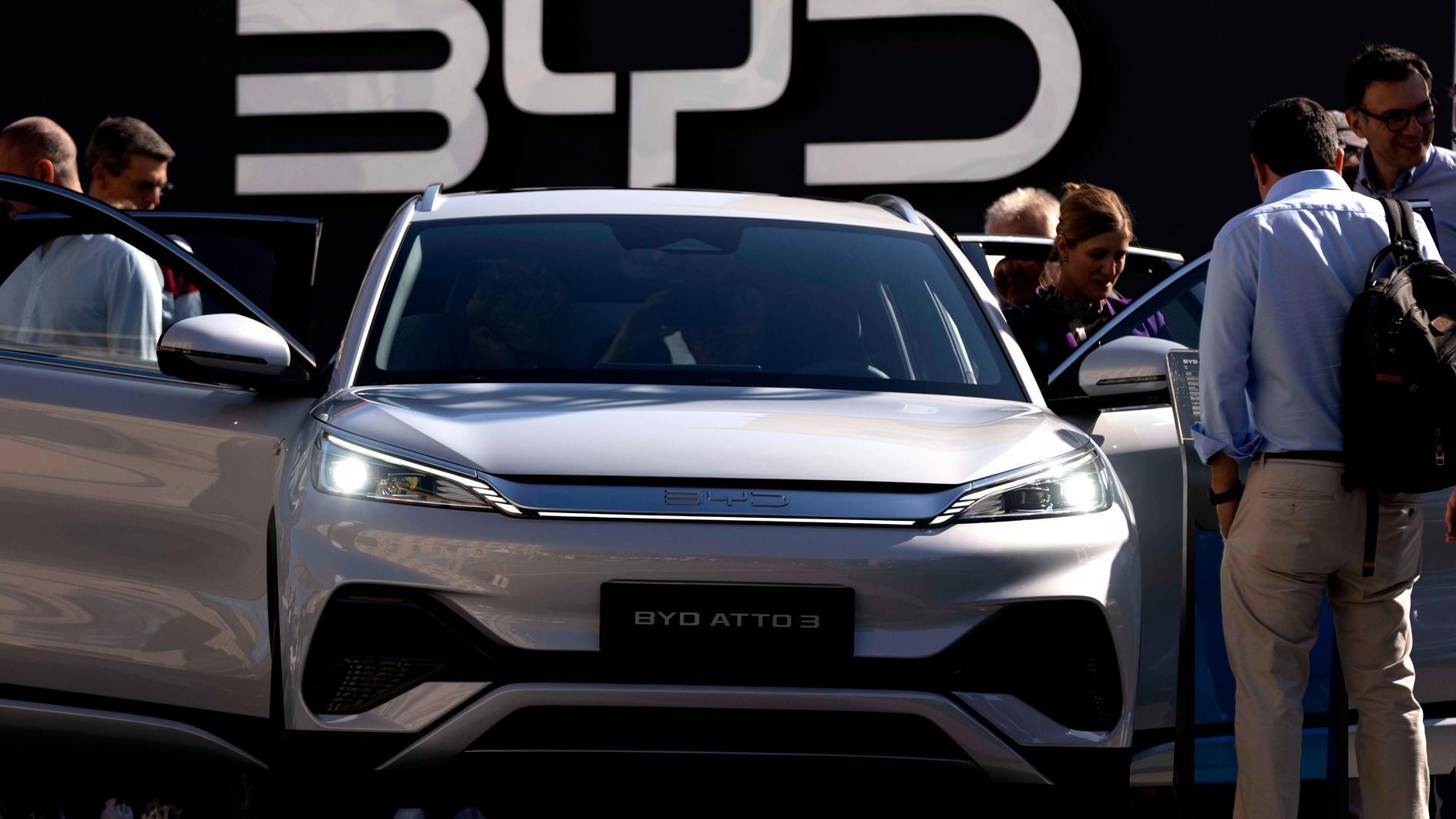After 50 years… EU fatigue
SAMİ KOHEN
With an agenda totally full to the brim with domestic and international issues, the topic of relations with the European Union has almost been forgotten. Last Thursday (Sept. 12) was the 50th anniversary of the “Ankara Agreement,” an agreement that laid the foundation of the relationship between Turkey and the EU. However, even this anniversary passed by unnoticed. There were no meetings held or speeches delivered to mark the significance of this date. As the media overlooked the anniversary, the public did not notice it either.The reason behind why this occurred includes, but is not limited to, Turkey’s undivided attention on various issues - from the quagmire in Syria to the democracy package - and its lack of time and resources to tend to other matters. The main reason, however, is that, just like the Turkish public, the government and politicians are also indifferent to the issue of relations with the EU. Diplomats define this as “EU fatigue.” You may wish to call it “EU weariness.”
As a matter of fact, on Sept. 12, 1963, when the Ankara Agreement was signed, there was huge excitement and enthusiasm in Turkey, with hopes of the country entering the European Community. It was a vision and a strategic target of utmost priority for Turkey’s integration into Europe.
When looking back…
After 50 years, we have reached the stage where, today, Turkey just sits and waits outside the EU’s door. Even neighboring countries are sitting at seats secured for them at Brussels, but Turkey is trying to force the door open after proving itself in the corridors.
In the end, one should not be surprised that the enthusiasm and the excitement once felt toward the EU are now petering out. When looking back, it is possible to see that it was Turkey’s several shortcomings that played a major role in reaching this stage, as well as the unwillingness and hesitations displayed by the EU.
However, in the 50th year of the founding of this relationship, instead of looking back and determining which has more faults than the other, it would be better to look at what’s ahead, and consider what kind of a future these relations may hold.
In this context, Turkey’s permanent representative to the EU, Selim Yenel, delivered a speech on the occasion of the 50th anniversary in a meeting held in Brussels, containing notable aspects that may prove to be inspirational.
While the ambassador was addressing the European Union, he said the following: “We have to ask the question: Where are these relations heading? Do you want to see Turkey [as part of the EU]? We are exhausted and we expect you to tell us everything openly. If you do not want us to be a full member, we don’t need to be. Something else can be done.”
Elsewhere during his speech, the ambassador elaborated and said that in the event of full membership being dismissed, “different relations” could be set up. For example, instead of a Customs Union, there may be negotiations for a Free Trade Agreement and, this time, Turkey would be able to bring in its own conditions.
Planning ahead
No doubt, Turkey’s preference is for full membership. However, if after 50 years this has still not happened, then realistic new formulas must be found. Ambassador Yenel said this did not mean distancing Turkey from the EU and looking for other alternatives. On the contrary, he is defending that healthier bonds can be set up with the EU with a different order of relationships. I also think that this is a correct hypothesis.
There is no occasion for a celebration on the 50th anniversary of the “Ankara Agreement,” but this is a good opportunity to think and plan ahead.
Sami Kohen is a columnist for daily Milliyet, in which this piece was published on Sept. 18. It was translated into English by the Daily News staff.











